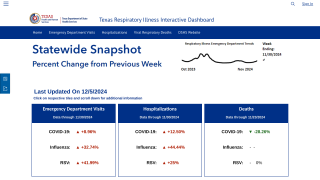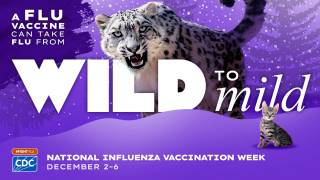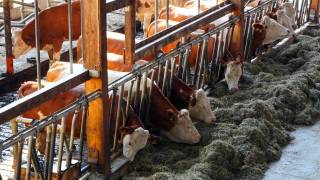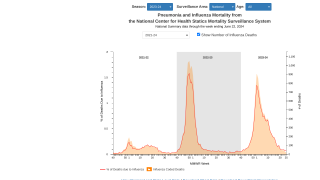Attending County Fairs This Summer? Avoid the Pig Pen
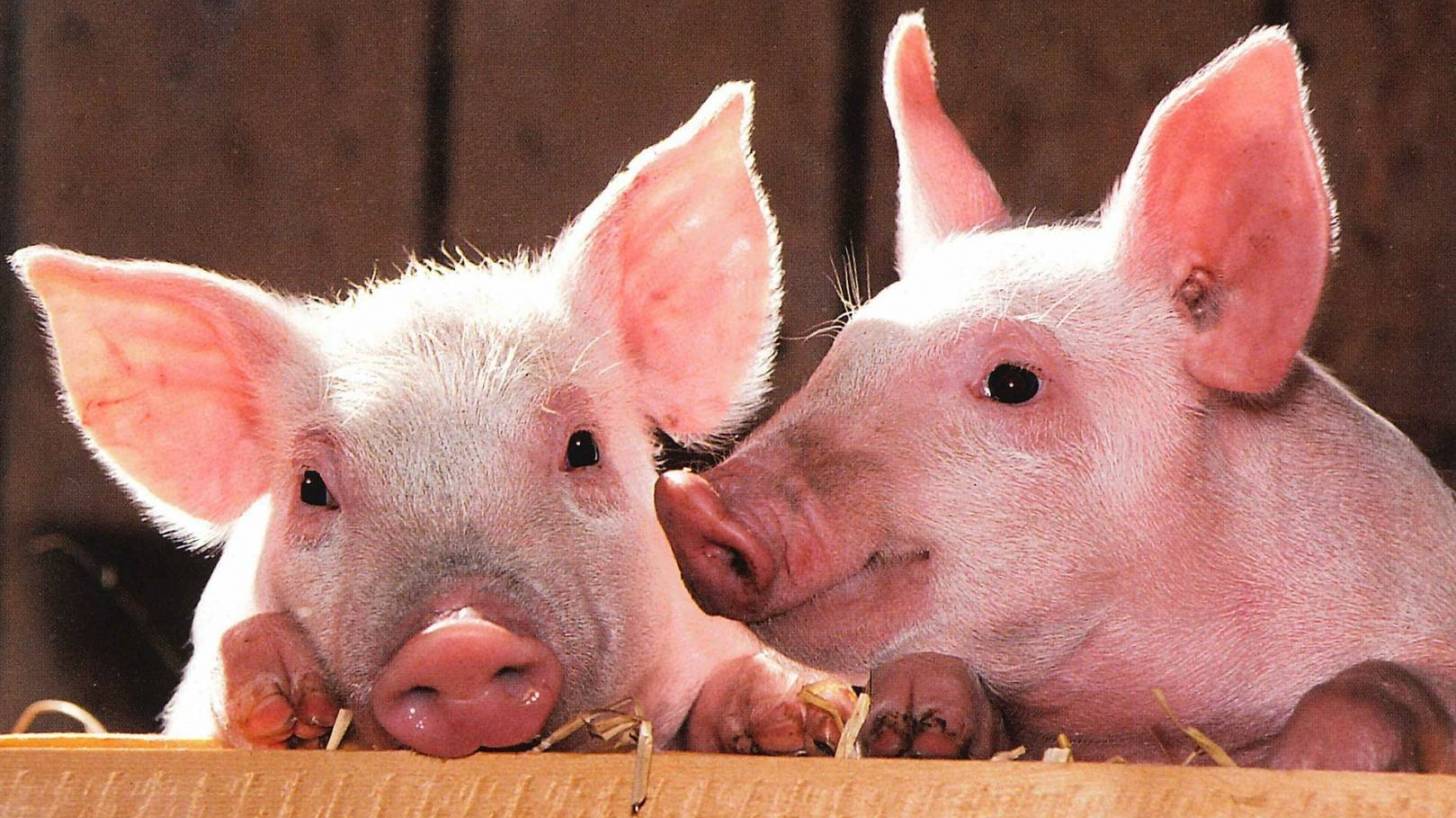
The first human case of H3N2 variant Influenza A virus in the USA for 2018 has been confirmed in Indiana.
According to Indiana state health officials, this ‘Swine Flu’ case is the first since 2013, as reported in a press release.
During 2017, the CDC confirmed (62) swine flu cases reported in the USA, with the most cases reported in Maryland (39) and Ohio (15).
This type of Influenza A, H3N2v, can be transmitted from pigs to people, and from people to pigs, says the Centers for Disease Control and Prevention (CDC).
Like human influenza viruses, there are different subtypes and strains of swine influenza viruses.
But, the seasonal flu shot for humans does not protect people from swine flu.
Influenza viruses that normally circulate in pigs are called “variant” viruses when they are found in people and were first detected in people July 2011.
The CDC is concerned about H3N2v as this virus seems to spread more easily to humans from pigs than other swine influenza viruses. It’s possible the H3N2v virus could change and begin spreading easily from person to person.
Moreover, studies conducted by CDC and others have indicated that children born after 2001 have little to no immunity against H3N2v viruses.
An H3N2v vaccine candidate was produced and preliminary clinical studies indicated that it leads to a significant immune response.
The Indiana State Department of Health (ISDH) and Indiana Board of Animal Health (BOAH) are urging Hoosiers to take steps to prevent illness while visiting events where pigs are exhibited.
The Indiana resident became ill after being exposed to pigs during a county fair that has since ended. The resident is recovering.
Previously, Andrew Bowman, a veterinarian with the Department of Veterinary Preventive Medicine at The Ohio State University, reported that on average, at least 1 pig at 25 percent of county fairs tests positive for swine flu.
This creates a health risk since approximately 150 million people visit agricultural fairs each year in the USA.
The symptoms and treatment for the H3N2v strain are the same as seasonal flu and include fever and respiratory symptoms, such as a sore throat and cough.
The CDC offers the following information on how fair exhibitors and visitors can stay healthy:
- While most people recover easily from this influenza, those under 5, over 65, pregnant or immunocompromised are most at risk.
- CDC officials are asking these high-risk individuals for severe influenza to avoid swine contact at exhibitions, fairs, and other venues; avoiding pigs and swine barns.
- Visitors to hog barns should not drink or eat in the barns and should wash their hands after leaving. Keep the tiny ones out of the hog barns: strollers, pacifiers, bottles, and toys should be left out of the barn.
Our Trust Standards: Medical Advisory Committee
- HEALTH OFFICIALS CAUTION HOOSIERS AFTER RESIDENT DEVELOPS FLU FOLLOWING EXPOSURE TO PIGS
- Case Count: Detected U.S. Human Infections with H3N2v by State since August 2011
- Preliminary Study on Safety and Immunogenicity of Influenza A (H7N9) Vaccine in the Population
- Maryland Discovers Swine Flu at County Fair




